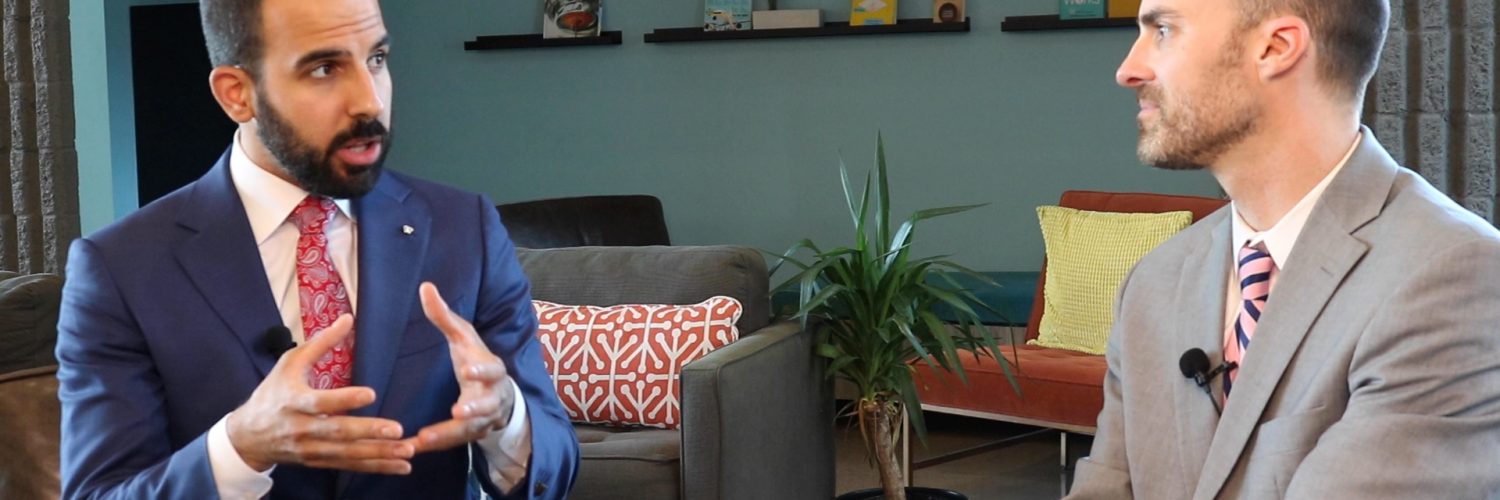With only a few weeks left until the general election, candidates and political pundits are closely watching early ballot returns. George Khalaf, president and CEO of Data Orbital, sat down with CBN recently to dig through the numbers.
 Early ballot returns show that Republican ballots are currently on pace with 2014 levels.
Early ballot returns show that Republican ballots are currently on pace with 2014 levels.
“It’s ahead of a presidential year and more importantly, it’s ahead of a midterm year,” Khalaf said. “So even just to compare, not just for Republicans, but right now we have more ballots in Maricopa County , than we did in 2016. Now Pima is way under, but Maricopa right now is performing very well and if it continues to perform well, that’s obviously a very good sign for Republicans.”
In Arizona, most registered voters in Maricopa and Pima counties participate by mail, but in-person voting on election is still prevalent in rural areas.
“Mostly in our suburban areas, so Pima and Maricopa, we expect about 75 percent of the vote to come early,” Khalaf noted. “Now in rural Arizona, I will say still about 50 to 60 percent of the vote goes up on election day. So, you go up to Apache, you go up to Navajo, there is still a large percentage of people that vote day of–much more than Maricopa.”

During the primary election, voters held on to their ballots a little longer but that doesn’t seem to be the case in the general.
“So far, it’s looking like people are just anxious to turn it in, but what we don’t know is, is the pace going to continue or is it a lot of people that are eager to vote because of all of the money that’s been spent on this election cycle in Arizona,” said Khalaf.
In terms of statewide races, Khalaf says Governor Ducey is well-positioned for re-election.
“I think it’s very clear that most of the people in political circles agree that David Garcia did not run a good campaign and Governor Ducey did. He’s going to win. Now I think the big question is, what happens to all of the other statewide [offices]?”

The most interesting twist this election cycle has been the decision by the Proposition 127 campaign, the renewable energy mandate backed by California billionaire Tom Steyer, to launch an attack on Republican statewide and legislative candidates, including more than $3 million against Attorney General Mark Brnovich.
“I do think, to use a word that’s been thrown around a lot on this subject, that it is unprecedented to have a ballot proposition that combines those two things together,” Khalaf said. “It’s going to be about a million dollars a week of TV spend, which is a lot of money to spend against someone. “
Khalaf also commented that the decision to divert significant resources against Brnovich is “a sign that they don’t feel as confident about the proposition passing.”
To track the latest numbers, visit the Data Orbital website.
















Add comment